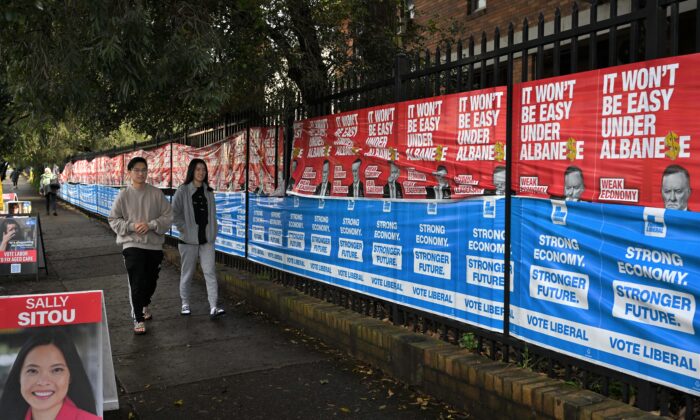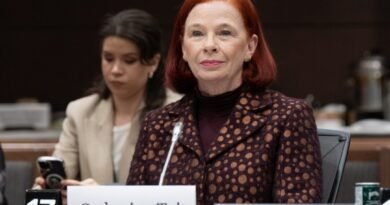Bill Proposed a Cap on Election Donations in Australia at $600,000
The new laws will bring in stricter reporting requirements along with restrictions on election donations and spending.
The government has introduced a bill for capping electoral donations.
The proposal also lowers the threshold for donation disclosure from $16,900 to $1,000 to ensure more transparency in disclosing candidate funds.
Furthermore, donations will now require yearly cumulative reporting to prevent loopholes like “donation splitting.”
By 2028, disclosure deadlines will be more frequent, with monthly updates and near-instant reporting within seven days of an election being called, and just 24 hours during the final polling week.
Donors will be limited to giving $20,000 per candidate, although donors can contribute to more than one candidate with a maximum limit of $600,000.
“Trust that election results are not unfairly influenced by ‘big money.’ Trust that elections are contests of ideas, not bank balances. Trust that we know who is funding election campaigns with more information about campaign financing provided before voting day,” said Labor’s Assistant Minister to the Prime Minister Patrick Gorman.
New Limits on Spending
Registered political parties will share a federal cap of $90 million, while independent candidates will face tailored caps, such as $800,000 for House of Representatives candidates.
However, independent Senate candidates and senators will be limited to one-sixth of a registered political party’s State Senate cap or half of its Territory Senate cap.
Additionally, significant third parties will be subject to an annual expenditure cap of $11.25 million.
The proposed reforms include exemptions for campaign office expenses, allowing up to $20,000 for a national campaign headquarters and per division, state, or territory.
Furthermore, independent candidates can allocate up to $20,000 for the design and printing of how-to-vote cards, ensuring support for essential campaign materials.
Exemptions for travel, translation services, and campaign offices in remote areas aim to address diverse operational needs.
A Commonwealth Campaign Account system will be established to better track federal election expenses.
Public election funding will also increase to $5 per formal first-preference vote for candidates who secure at least 4 percent of the primary vote, aimed at reducing reliance on private donors.
Teals, Greens Call for More Scrutiny
Teal independent MPs and the Greens have pushed for the Bill to be referred to a Standing Committee for review. However, that motion did not garner support.
West Australian teal MP Kate Chaney argued against rushing the legislation.
“The government said they’ve consulted, but we have not seen any legislation until a few days ago. With such a fundamental change, we need to consider all the consequences—intended and unintended,” she told Parliament.
Chaney accused the major parties of using the Bill as a tool to curb the growing trend of voters choosing independents over traditional parties.
“At the last election, we saw the lowest primary vote for majors, with one in three voters voting for a minor or an independent. The will of the people is changing, and this is a threat to the major parties,” Chaney said.
Zali Steggall also criticized the Bill, suggesting it was a joint effort by Labor and the Coalition to undermine the teals.
“No one wants Australia to drift towards a U.S. system where campaigns become multi-billion-dollar exercises, forcing candidates into an unholy dance with big donors. But we also don’t want to end up like the U.S., with only two poor choices that fail to deliver good policy for the future,” the Northern Beaches MP warned.
Greens Leader Adam Bandt echoed calls for greater scrutiny.
“If the Bill is that good, let people run the ruler over it,” he said.
Bandt noted there was no urgency for the Bill, as it will not affect the upcoming election but rather the one after.
“There’s absolutely no justification for bypassing the standard legislative review process,” he added.





